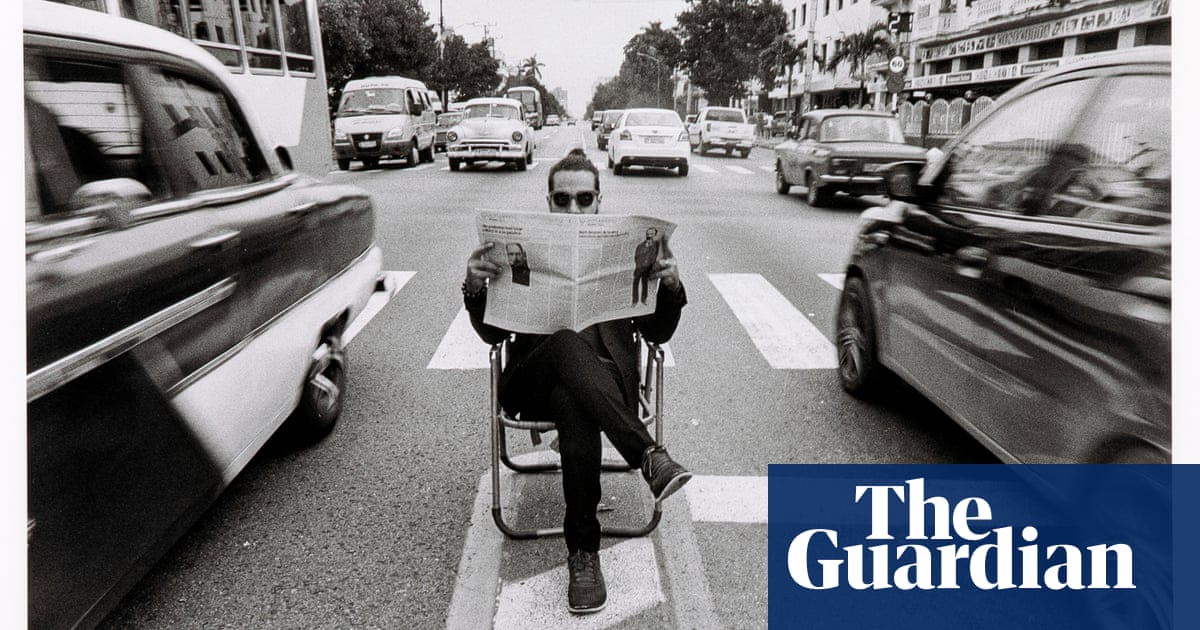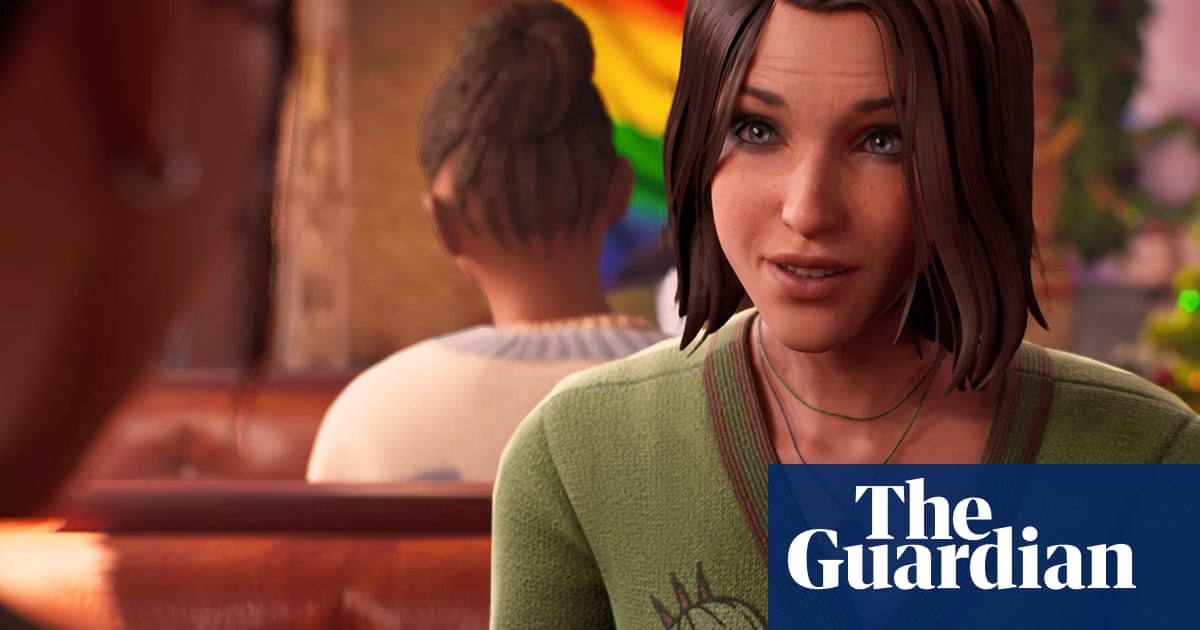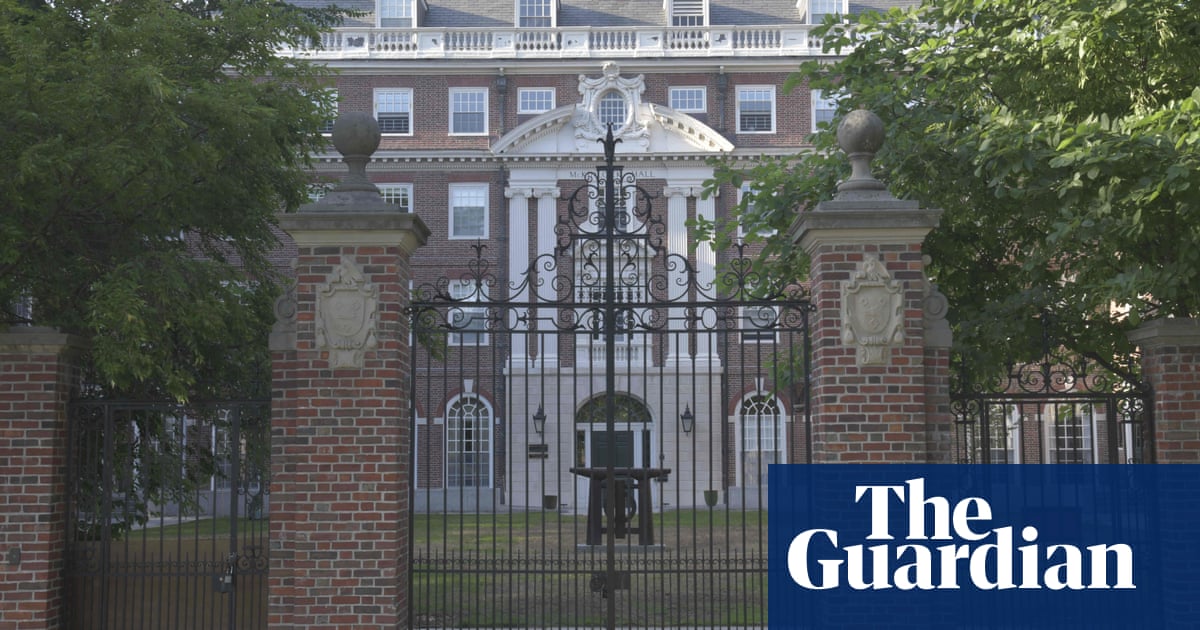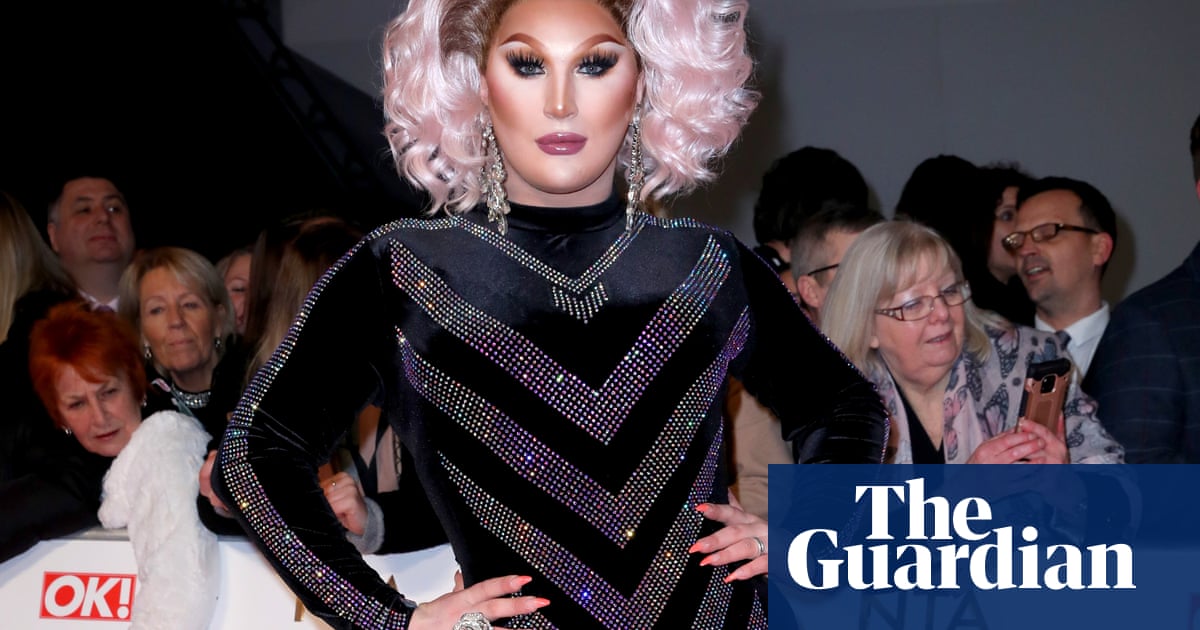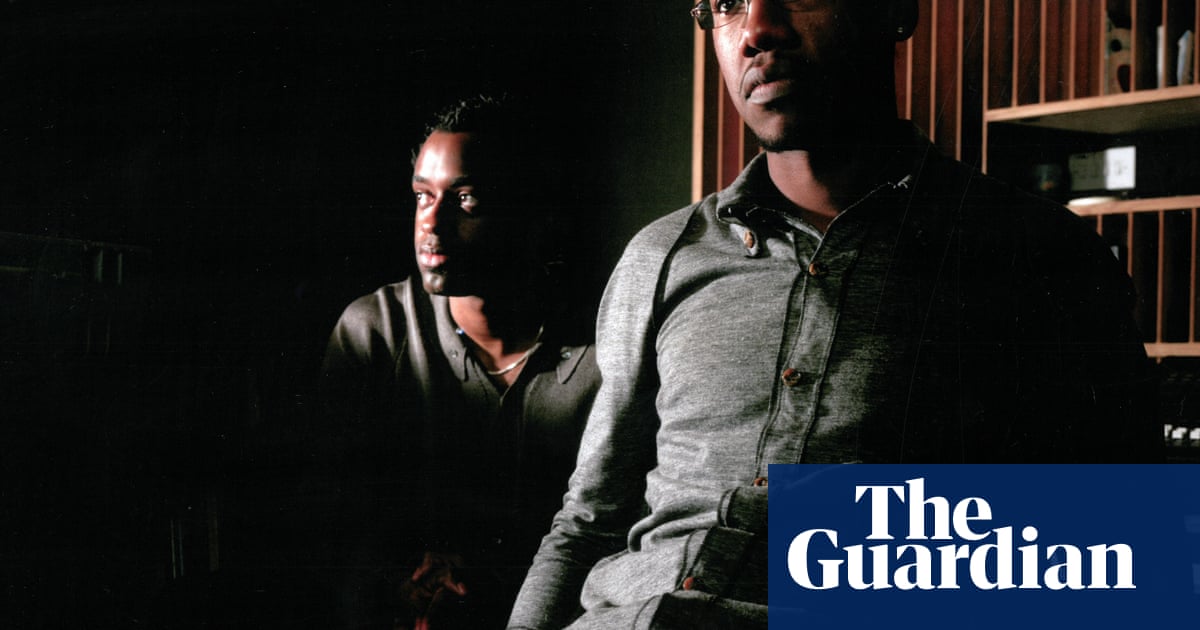Equalities campaigners in the UK are braced for a supreme court ruling that could have a significant impact on the rights of transgender people to use single-sex services.
Five judges on the UK supreme court will rule on Wednesday morning whether or not the definition of woman in the Equality Act 2010 includes transgender women with gender recognition certificates (GRC).
The court’s decision is expected to lead to calls for the act to be rewritten, and could have a profound effect on the rights of transgender women to take places on public boards reserved for women, and to use spaces and services intended for women.
The case against the Scottish government was brought by the gender critical campaign group For Women Scotland after judges in Edinburgh ruled that ministers were right to say that trans women with a GRC could sit on public boards in posts reserved for women.
FWS, which is partly funded by the writer JK Rowling and has support from the campaign group Sex Matters, argues that the Equality Act’s definition of woman is limited only to people born biologically female.
They argue that a very clear definition by the court on what a woman is would also help clear up an ambiguity about who qualifies to use women’s services. They say people who self-identify as trans but do not have a gender recognition certificate are being allowed to use women-only services and spaces.
The Scottish government has defended its decision. Backed by trans rights advocates and lawyers it has told the court that the Gender Recognition Act 2004 makes clear that a gender recognition certificate changes sex “for all purposes”.
The government’s lawyers argue that means someone with that certificate is entitled to legal protections “just as much as others enjoy those protections who are recorded as a woman at birth”.
If the court rules in favour of the Scottish government, it may recommend that the Equality Act is clarified to set out the rights of trans women.
If it rules in favour of FWS, there will be substantial pressure on the UK government to amend the act to exclude trans women from women-only spaces, and the Scottish government will need to reverse its policies on public boards.
The court has been criticised after it refused to allow trans women to take part in the hearings, although it did allow the civil rights group Amnesty UK to participate on the Scottish government’s side.
Victoria McCloud, a retired judge who changed her legal sex more than 20 years ago, was refused permission to be heard in the case. She said that meant “the only affected group was excluded”.
She said the FWS case had failed at all previous stages. “If the legal sex of trans people is reversed without our consent then we will lose equal pay rights with men, to cite one example, and we will be ‘two sexes at once’ which is a nonsense,” she said.

 2 months ago
51
2 months ago
51
